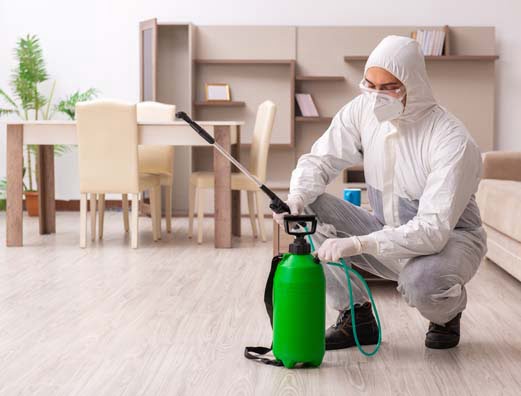Salmonellosis
One of the most common harmful food borne bacteria, salmonella can also be carried by rodents across kitchen surfaces. Rats are especially potent carriers as they may swim through salmonella infested water before entering the home.
Leptospirosis
This bacterial infection is most commonly spread by rodents, specifically their urine. In mild infections it causes headaches, muscle pains and fevers, while severe infections can cause bleeding lungs and meningitis.
Weil’s disease
An advanced and rare form of leptospirosis, causing yellowing of the skin, kidney damage and bleeding.
Rat bite fever
Spread by bacteria found in rat urine and secretions, rat bite fever can cause rashes, fever, vomiting, headache and skin ulcers. The most common way it spreads is through a bite, hence the name.
Hantavirus
Rodents are immune to hantavirus, but when it spreads to people, the results can be deadly. Symptoms include intense pain, fever and kidney failure. Nearly all cases of hantavirus have been as a result of people coming into contact with rodent faeces.












